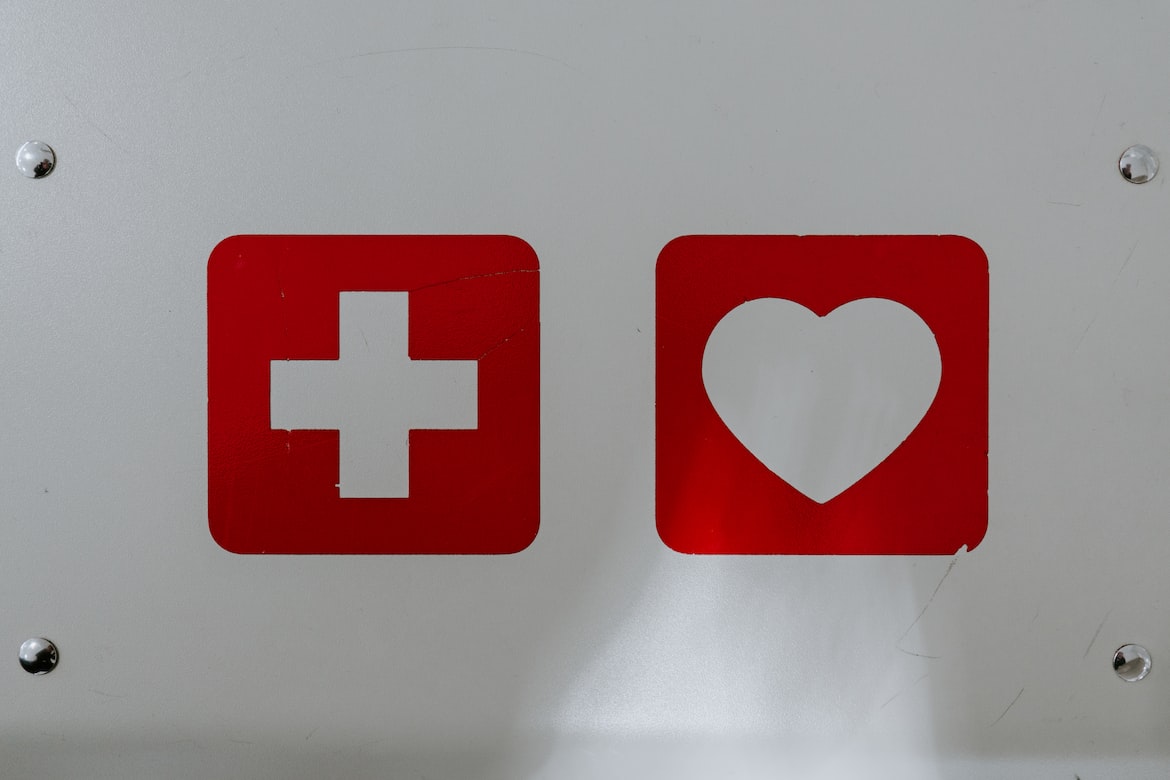When it comes to medical emergencies, it’s always better to be safe than sorry. That’s why it’s important to have a first aid kit on hand at all times, just in case something happens. This blog post will discuss four different medical emergencies and how to deal with them. Keep in mind that this is not a substitute for professional medical advice – if you are experiencing a medical emergency, please seek help immediately!
Table of Contents
Burns
If you or someone else experiences a burn, it’s important to act quickly. First, run the affected area under cool water for at least five minutes. This will help to reduce swelling and pain. Next, apply a sterile bandage or gauze to the area. If the burn is more serious, seek professional medical help immediately. The folks at Fieldtex Medical note that the best bandage for burns is a sterile, non-adhesive bandage. This will help to keep the area clean and free of infection. If you get a blister, it’s important to not pop it. This can lead to infection. Instead, leave the blister intact and apply a bandage. If the blister is painful, you can take an over-the-counter pain reliever such as ibuprofen.
Choking
If someone is choking, it’s important to act quickly. The first step is to see if the person can cough on their own. If they cannot, you will need to perform the Heimlich maneuver. This maneuver is a quick and easy way to dislodge an object from a person’s airway. To do it, stand behind the person and wrap your arms around their waist. Make a fist with one hand and place it just above the belly button. Grab the fist with your other hand and give a quick, upward thrust. You may need to repeat this maneuver a few times before the object is dislodged. If you are unable to dislodge the object, seek professional medical help immediately.
It’s also important to remember that babies and small children can choke on small objects such as coins or beads. If you see a child choking, perform the Heimlich maneuver on them immediately.
Cuts and Scrapes
If you or someone else experiences a cut or scrape, it’s important to clean the wound right away. This will help to prevent infection. First, rinse the wound with cool water. Next, use mild soap to gently clean the area. Apply pressure to the wound with a clean cloth to stop the bleeding. Once the bleeding has stopped, apply a bandage or gauze to the area. You can also use an antibiotic ointment to help prevent infection. If the cut or scrape is more serious, seek professional medical help immediately. Usually, a more serious wound will need stitches. If you have a deep cut or scrape, or if the wound is gushing blood, call 911 right away.
Also Read: The Ultimate Guide to the Different Types of Cannabinoids
Nosebleeds
If you or someone else experiences a nosebleed, it’s important to remain calm. First, sit up straight and lean forward. This will help to prevent swallowing blood. Next, use your thumb and index finger to pinch the soft part of your nose shut. Apply pressure to your nose and hold for five to ten minutes. If the bleeding doesn’t stop, continue pinching and apply ice to the area. If you have a nosebleed and are on blood thinners, such as Coumadin, it’s important to seek medical attention immediately. This is because blood thinners can make nosebleeds more difficult to stop. It’s also important to see a doctor if you experience nosebleeds that are frequent or last for more than ten minutes. These types of nosebleeds may be a sign of a more serious condition, such as high blood pressure.
To prevent nosebleeds, it’s important to keep your nose moist. This can be done by using a humidifier or saline nasal spray. It’s also important to avoid picking your nose and blowing your nose too forcefully. If you have allergies, it’s important to treat them accordingly. Allergies can dry out the inside of your nose, making you more susceptible to nosebleeds.
It’s important to know how to deal with different medical emergencies. By being prepared, you can help to ensure that the situation is dealt with quickly and efficiently. Make sure to always have a first aid kit on hand, and know how to perform CPR and the Heimlich maneuver. With proper knowledge and preparation, you can help to ensure that medical emergencies are dealt with in the best way possible. Remember, if you are ever unsure of how to handle a situation, always seek professional medical help immediately.
